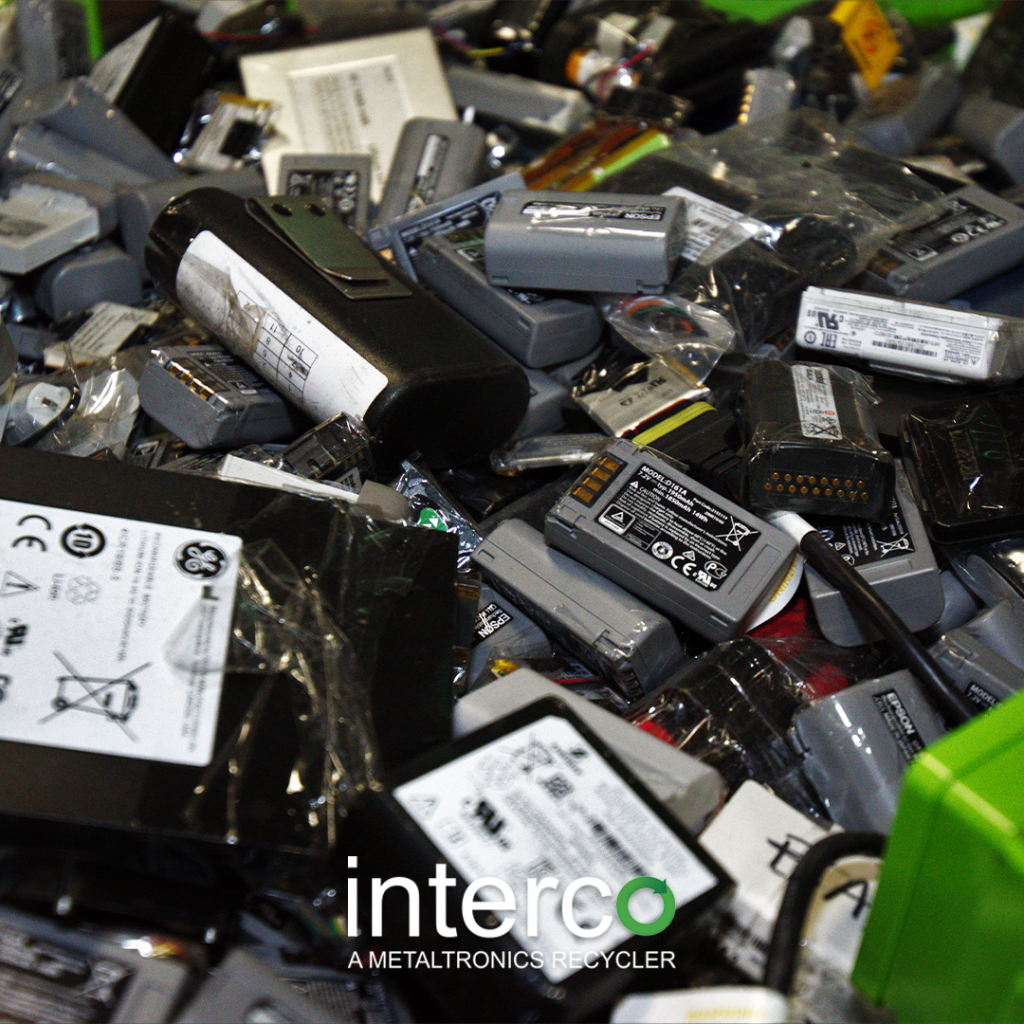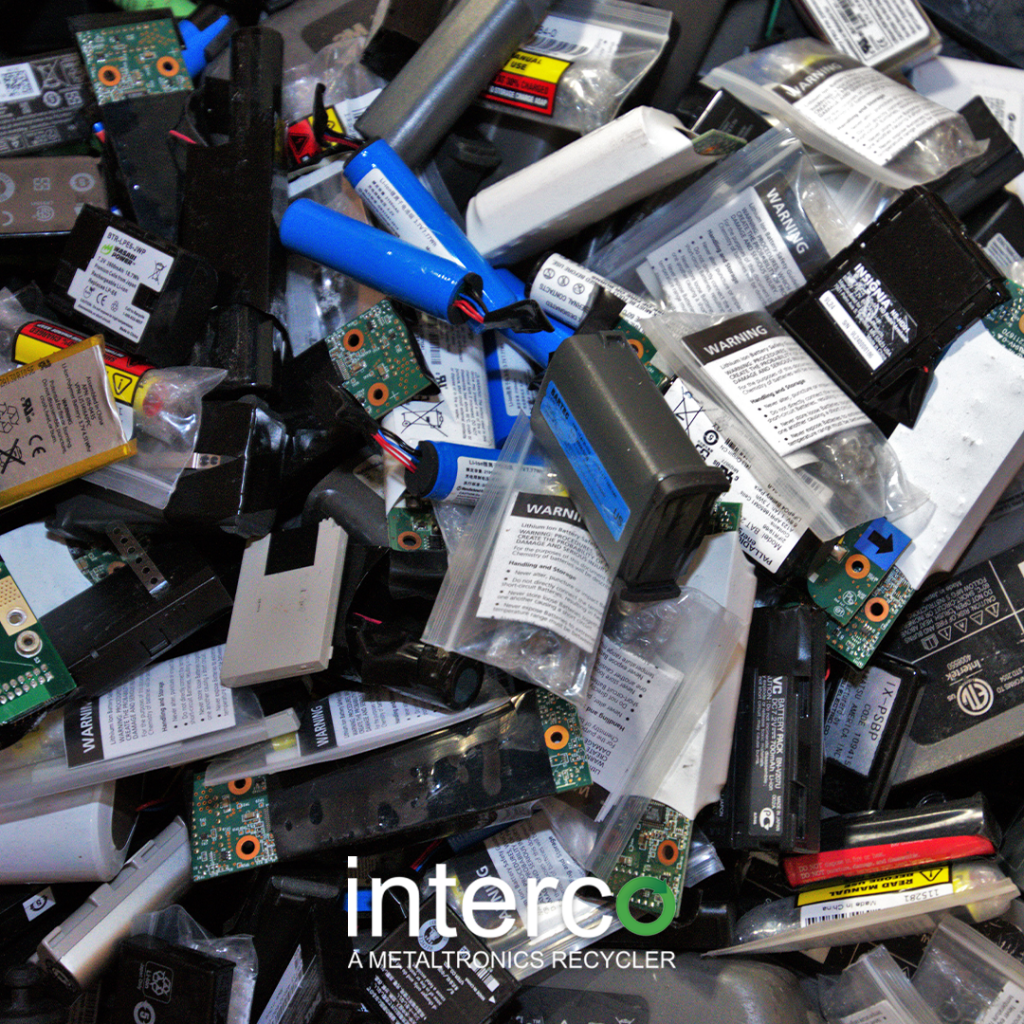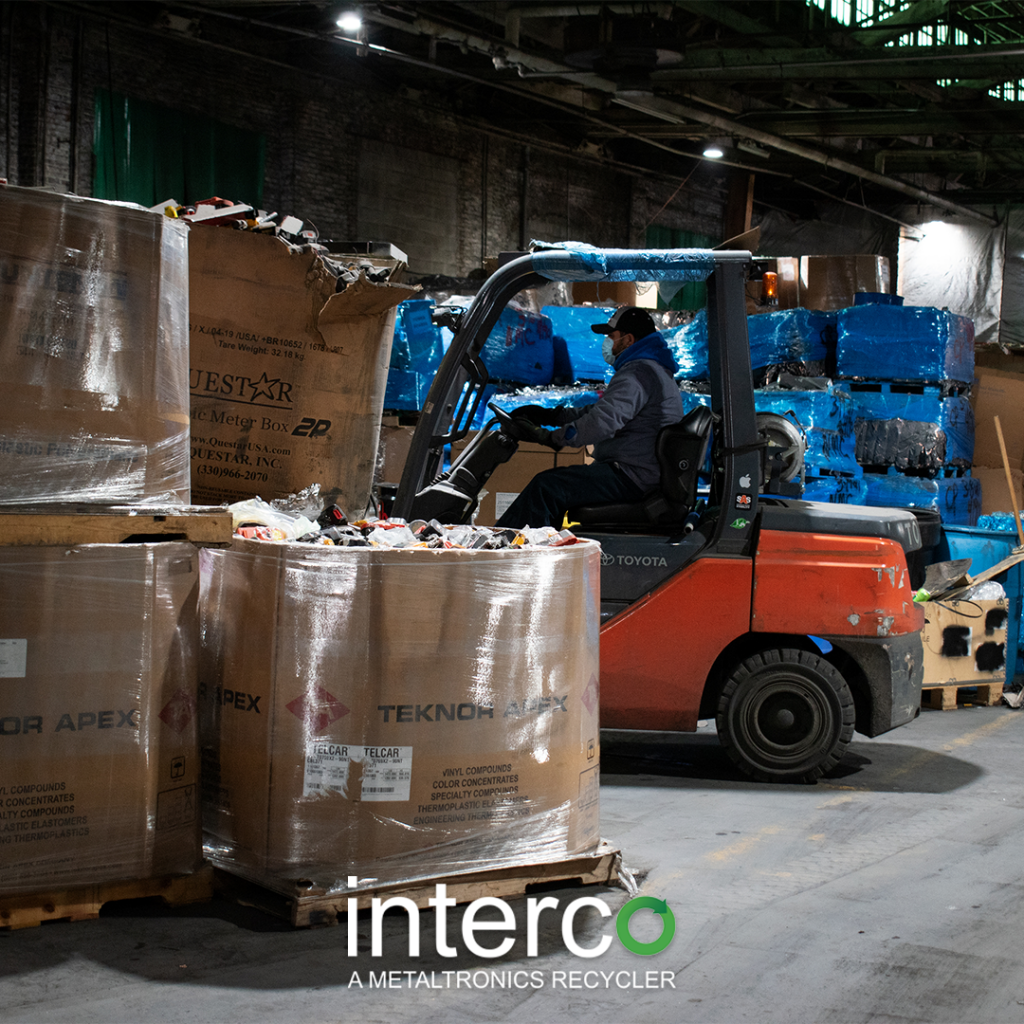Why Sell Scrap Lithium-Ion Batteries

Why Sell Scrap Lithium-Ion Batteries
Lithium-ion batteries hold a potential recycling value that can turn your companies waste to profit. Battery users do not often think to sell scrap lithium-ion batteries, despite their value.
The pile of spent lithium-ion batteries that once powered electric vehicles most commonly ends up in landfills, even though these batteries are recyclable. These popular power packs contain valuable metals and other materials that can be recovered, processed, and reused.
Battery researchers and manufacturers give a long list of reasons to recycle lithium-ion batteries.
Experts predict 140 million electric vehicles will be on the road worldwide by 2030. As the number of electric vehicles increases, it is important to consider the benefits of recycling.
Currently, the lithium-ion battery industry lacks a clear strategy for large-scale economical recycling. In fact, battery researchers and manufacturers have traditionally worked to lower costs and increase battery longevity and charge capacity. Because researchers have made only modest progress improving recyclability, relatively few lithium-ion batteries end up being recycled.
Companies can sell scrap lithium-ion batteries for recycling purposes due to the materials’ composition and use.

Sell Scrap Lithium-Ion Batteries
Batteries can either be refurbished for reuse or processed to extract their components as raw materials for use in the manufacture of other products. Lithium-ion (Li-Ion) batteries are the type found most often in current cell phones. You can make money recycling phone batteries by collecting them from discarded phones.
Batteries that cannot be restored can be sold to a recycling company for the recovery of steel and zinc. Thus, your company can contribute to the recycling of batteries and make money in the process.
Recycling centers buy or sell scrap lithium-ion batteries with the goal of extracting the valuable metals from the battery. Before retrieving the metals, recyclers follow a recycling process.
- Prior to the recycling process, companies need to deactivate the batteries.
- Lithium-ion batteries are put in a specialized room that is oxygen-free.
- Hydrometallurgy is the process of extracting metals from ores.
- Next, the leaching process refers to the process of using aqueous solutions to extract metal from other metal-bearing materials.
- Separate the battery components into three different items. These items may include cobalt, steel, aluminum, copper, plastic.
- As a result, recyclers retrieve these valuable metals, and companies sell them.
Battery names often denote their chemical composition, a major feature that determines their handling and disposal, since the materials in batteries can be harmful to the environment. The high-energy content and active nature of lithium-ion batteries make it dangerous to dispose of them in regular waste, instead, your company can sell scrap lithium-ion batteries for recycling.

The Benefits of Recycling Batteries
The metals and materials recovered could be used to manufacture new batteries, lowering production costs. Currently, those materials account for more than half of a battery’s cost. The prices of two common cathode metals, cobalt, and nickel, the most expensive components have fluctuated substantially in recent years.
Current market prices for cobalt and nickel stand at roughly $27,500 per metric ton and $12,600 per metric ton, respectively. In 2018, cobalt’s price exceeded $90,000 per metric ton.
These components can be recovered from used batteries at a large scale through a recycling center. Furthermore, the process is more economical than mining natural ore.
In addition to potential economic benefits, recycling could reduce the quantity of material going into landfills. Contaminants such as the following can leak from the casing of buried batteries and pollute soil and groundwater, threatening ecosystems and human health.
- Cobalt
- Nickel
- Manganese
- Other metals
Battery recycling is a delicate process. If current trends for processing these spent batteries hold, most of those batteries may end up in landfills.
Consequently, batteries that are not transported to a recycling center end up in a landfill. As a result, Interco performs the recycling process for lithium-ion batteries carefully on a facility comprised of five buildings — approximately 400,000 square feet total — on more than 35 acres.
Sell Scrap Lithium-Ion Batteries to Interco
Overall, Interco will recycle lithium-ion batteries for reuse purposes. Recycling enables the recovery of valuable metals and reduces the harmful effects on the environment that improper disposal causes. Additionally, the team at Interco accepts, processes, trades, and recycles an array of nonferrous metals. Interco recycles batteries of all shapes, sizes, and chemistry. Thus, the team at Interco continues to lead the way in terms of innovative industrial recycling solutions. Consequently, to discover more about how to recycle lithium-ion batteries, click here.